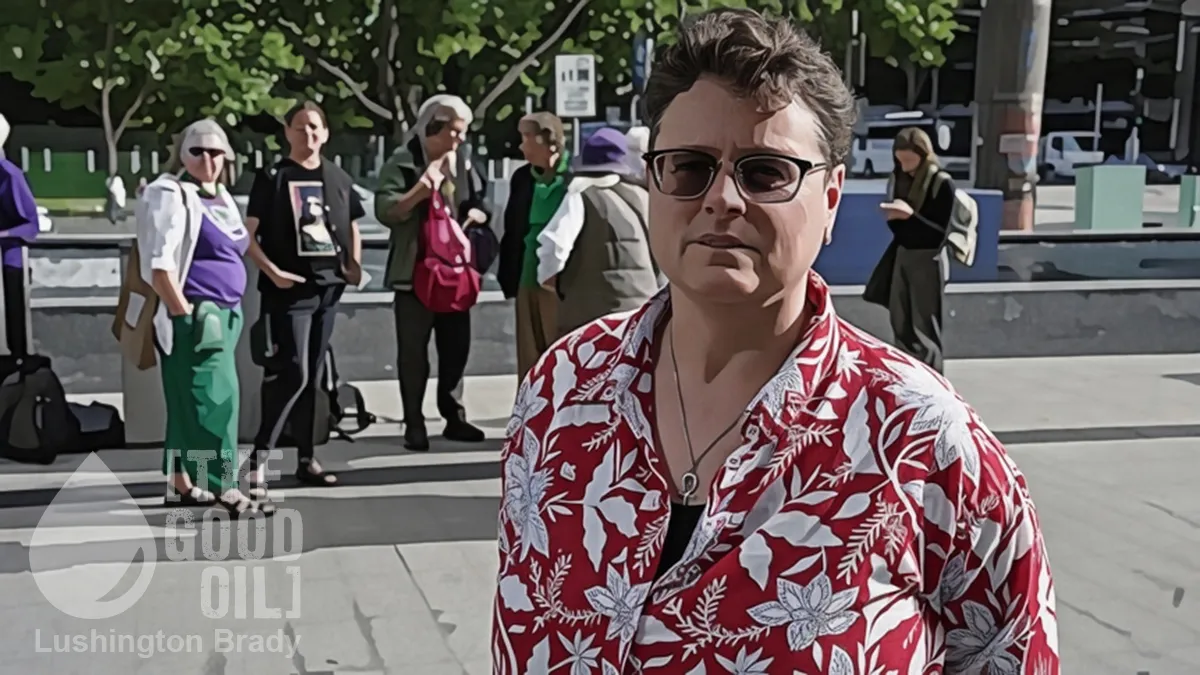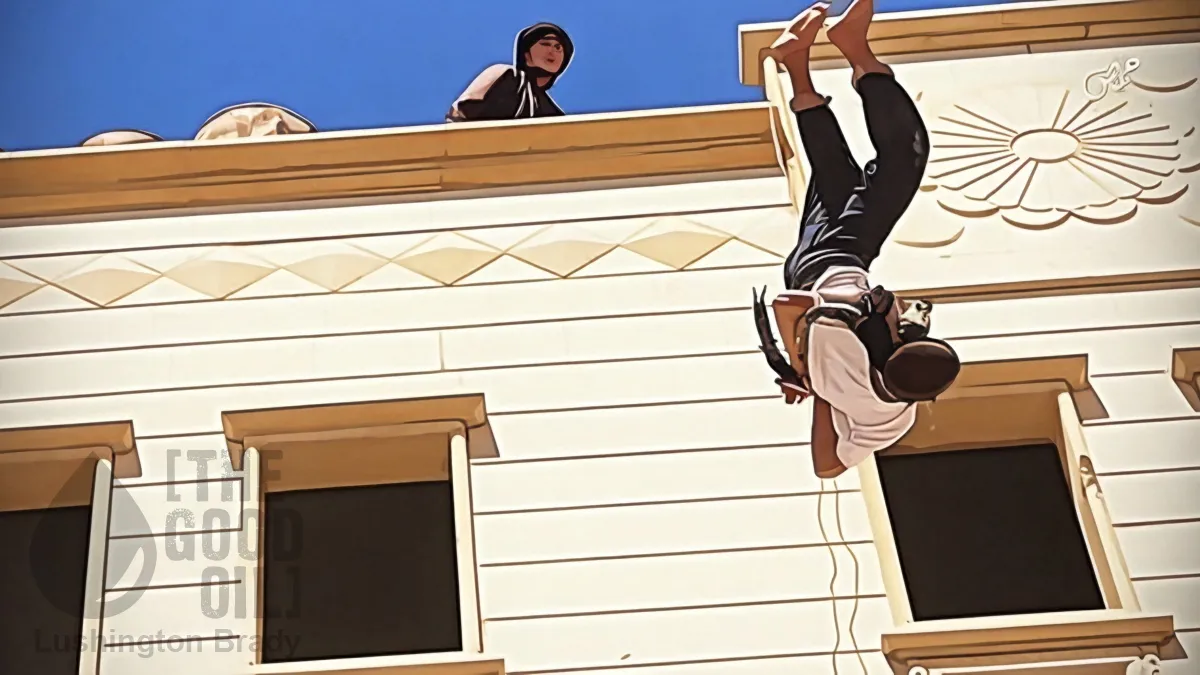Table of Contents
Mary
Media reports on opposite sides of the Tasman on the same day illustrate the stark contrast in treatment of the reporting of covid infections and hospitalisations. While Australia is moving slowly to living with covid, New Zealand appears intent on milking every last drop of fear out of the pandemic.
The New Zealand Herald reported on Thursday:
NSW has recorded a spike in hospitalisations after breaking a new daily record with 12,226 new cases of Covid-19 and one death on Thursday.
There are 746 people in hospital with the virus, a jump of 121 from Wednesday, 63 of which are in intensive care.
Of the 63 people in ICU, 24 are on ventilators.
Meanwhile in The Australian newspaper, it was reported:
Intensive care admissions from the Omicron variant have been minuscule, with only 0.1 per cent of cases in NSW and 0.3 per cent of cases in Victoria needing urgent treatment.
Scott Morrison said on Wednesday that 126 Covid-positive people were in intensive care units and 55 needed ventilators; that is out of 18,243 new cases announced nationally.
As of Wednesday, only 61 of NSW’s active 61,332 Covid-19 cases were in intensive care and 62 of Victoria’s 19,994 active cases were in ICU.
The percentage of Covid-19 cases sent to the ICU dropped from 2 per cent in the year to September 12, to 1.1 per cent in the year to November 21.
Chief medical officer Paul Kelly said the low hospitalisation rate was due to a world-leading vaccination rate and the fact Omicron did not appear to lead to as serious illness as previous Covid-19 variants.
Almost nowhere in the New Zealand media has it been reported that the number of deaths worldwide from the Omicron variant is miniscule and that symptoms are rarely worse than the common cold.
Meanwhile, Australia is changing the definition of “close contact” to exclude those who might have been dining at a restaurant on the same night as an infected person. Close contacts will largely be limited to those that the infected person lives with. Previous rules regarding isolating by close contacts was resulting in wholesale shutting down of hospitality venues at what should have been the busiest time of the year, with one infected person leading to the rest of the workforce at the venue having to isolate. It does not appear from the case of the Omicron-infected British DJ that New Zealand intends going down this path, with 100-odd people who crossed paths with the man now required to isolate.
I won’t hold my breath waiting for New Zealand to scale down the scaremongering and start living with the virus.









